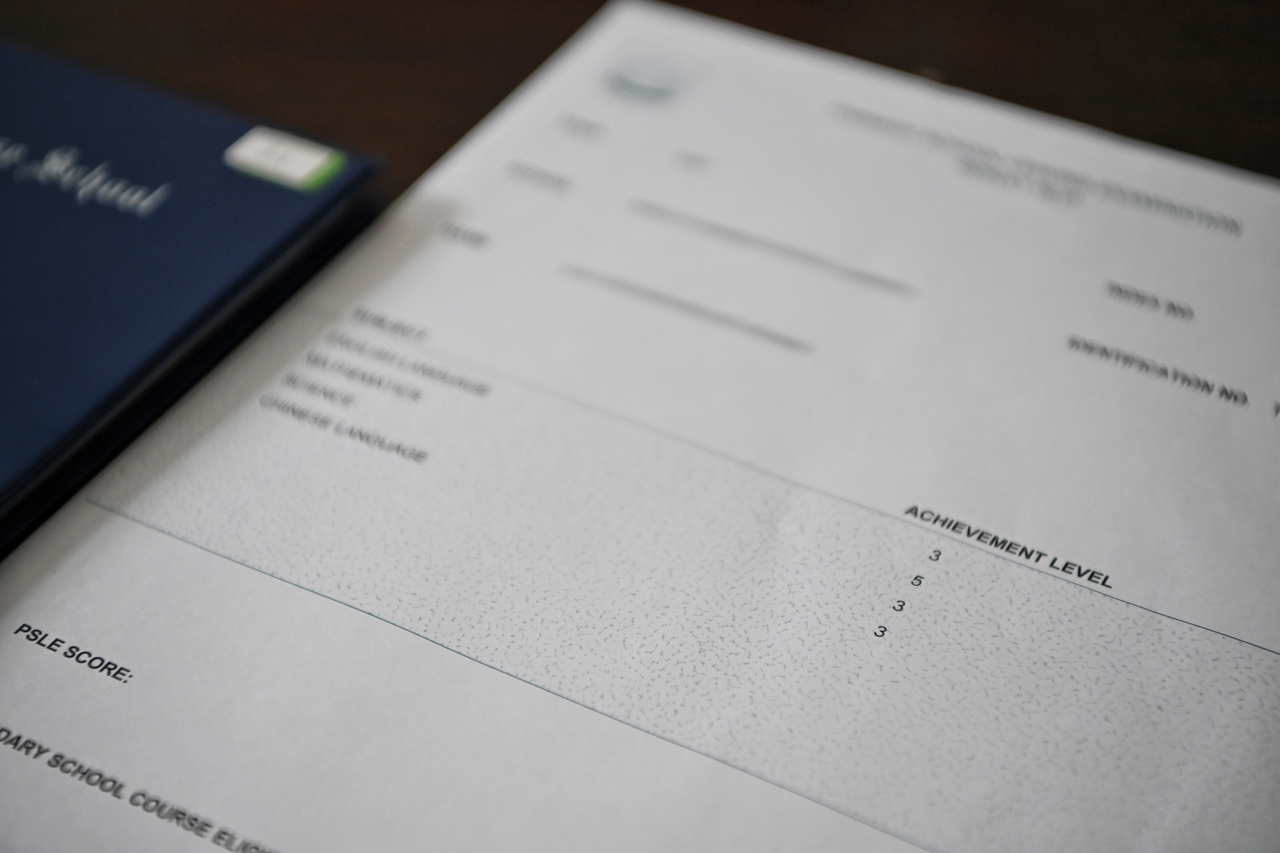Budget debate: MOE to expand full subject-based banding pilot to 90 schools by 2023
Sign up now: Get ST's newsletters delivered to your inbox

With full SBB in place by 2024, students will take subjects at a higher or lower level based on their strengths.
ST PHOTO: KUA CHEE SIONG
Follow topic:
SINGAPORE - More schools are offering their students the option of taking subjects at different levels to suit their abilities, and more than two-thirds of all schools will be able to do this by next year.
The phased roll-out began in 2020 with 28 schools, with another 31 secondary schools added to the Ministry of Education's full Subject-Based Banding (SBB) programme this year.
By next year, a total of around 90 schools will be on the list.
With full SBB in place by 2024, students take subjects at a higher or lower level based on their strengths. Subjects such as mathematics will be taught at three levels - G1, G2 and G3, with G standing for General. G1 will roughly correspond to today's N(T) standard, G2 to the N(A) standard, and G3 to the Express standard.
There will no longer be separate Express, N(A) and N(T) courses, and students will be in mixed form classes.
When they reach Secondary 4 in 2027, the students will take a common national examination and graduate with a common secondary school certificate.
In response to Mr Baey Yam Keng (Tampines GRC), who requested for an update on the programme, Education Minister Chan Chun Sing told Parliament on Monday (March 7) that three secondary schools that currently offer only the Express course will also be added to the programme in 2024.
The three schools are Crescent Girls' School, Tanjong Katong Girls' School and Tanjong Katong Secondary School.
The move will enable these popular schools to admit a wider range of students with more diverse educational backgrounds.
Mr Chan said the pilot programme has so far had a positive impact on students.
"The experiences from the pilot gives us confidence that we are on the right track," he added.
"Students have made more friends across courses, learnt new perspectives and how to relate to peers of different backgrounds, and have become more confident in themselves and their abilities."
Parents interviewed by The Straits Times said they are already seeing the benefits of the programme.
For Mr Kan Kwok Leong, 49, whose son is at St Andrew's Secondary School, one of the schools in the pilot's launch in 2020, said the decision to give students flexible options to learn was an important step in shifting the structural mindset around education.
"From a learning perspective, it makes sense to allow the student to learn at his own pace, and it also helps to build confidence," he said.
Mr Kan said his son, who needed time and flexibility to learn science subjects, got the space to do so through subject banding.
"This was the subject that he had a bit of problem with at PSLE. With subject banding, he is able to learn science at a pace better suited for him, which will give him a stronger foundation in the subject," he said.
He added that his son has also enjoyed making friends with students from other classes.
"This can only be a good thing because I know when my son was in primary school, the kids didn't really mix outside their own class, which does not really expose the child to other students. That is not good for the child's development down the road," Mr Kan said.
"With this programme, children are given the opportunity to figure out at an early age how to build relationships with a wide variety of people."
Mr Baey said he welcomed the move to do away with Normal and Express streams as it would remove the stigmatisation for those in the less academically demanding streams.
“More importantly, it reminds us that each of us has different strengths, even among various academic subjects,” he said.

